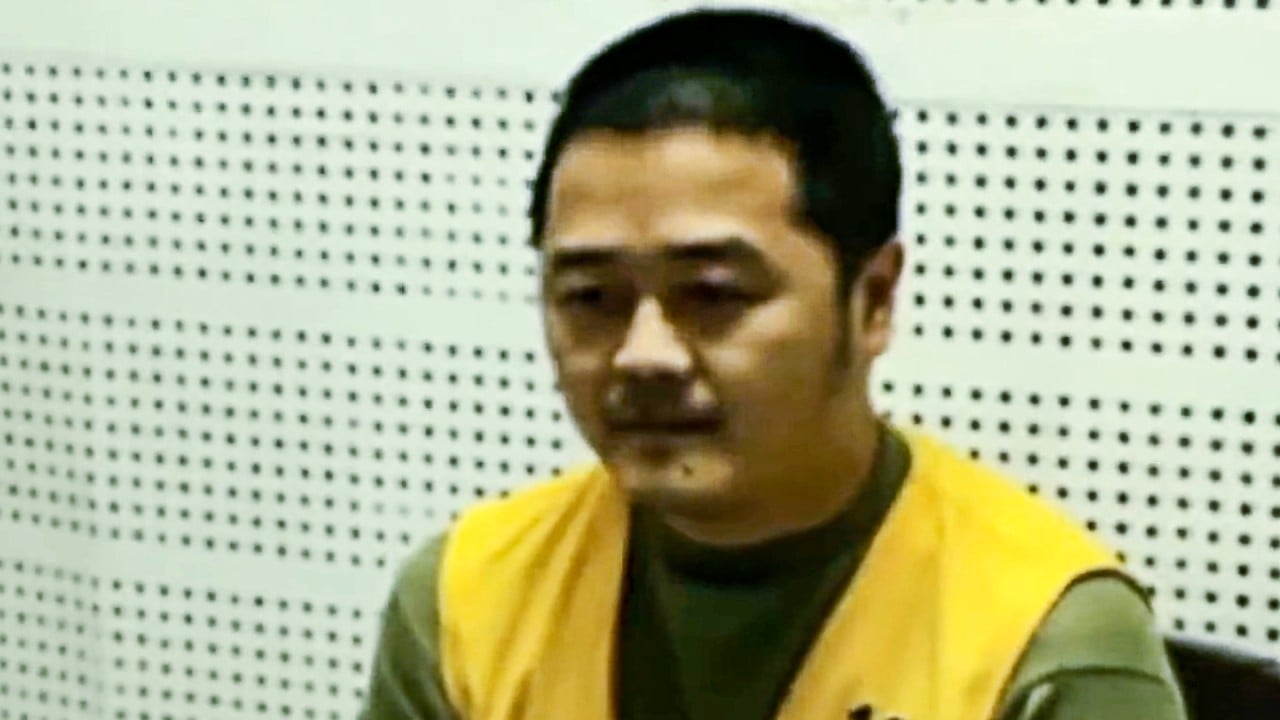China has rolled out a new set of regulations designed to better protect sensitive information, including tighter screening of government officials who work with state secrets.
The rules, published on Monday, cover implementation of the Law on Guarding State Secrets, which has just had its biggest revision in a decade, greatly expanding its scope and depth. They are also meant as a guide to officials working in China’s vast government sector.
The changes come as Beijing sees potential vulnerabilities in foreign competitors being able to obtain data on China – ranging from political and economic statistics to environmental information.
The 74 articles in the regulations address the dozen-plus new provisions in the revised state secrets law, which took effect in May.
Under the regulations, heads of government departments with the authority to determine state secrets will be responsible for defining them. Those officials are required to draw up a “list of state secrets” within their respective areas of responsibility and receive special training on how to identify and protect secrets.
All central Communist Party organs and governmental bodies must also set up an office responsible for securing secrets, to be staffed by officials exclusively tasked with overseeing state secrets.

05:29
China executes scientist for spying in 2016, among 10 ‘shocking’ cases revealed in documentary
China executes scientist for spying in 2016, among 10 ‘shocking’ cases revealed in documentary
Government departments are also required to identify “positions involved with secrets” and screen officials before they begin work in these positions, as well as regularly conduct confidentiality training during their work.
Employees who handle state secrets will be banned from travelling abroad without prior permission under the state secrets law. The restrictions remain in effect even after the employee leaves their job, and in some cases may be permanent.
The revised regulations also specify how top-level state secrets must be handled, including appointing specialised personnel to receive and send items containing the secrets. At least two people must be present when carrying such items, which can only be opened, read or used in designated places, and cannot be copied or downloaded, according to the new regulations.
The regulations, which will go into effect in September, also urge manufacturers to “innovate security and secrecy products and confidential technical equipment using new technologies, methods and processes”.
Under one of the new provisions, individuals and organisations that have made outstanding contributions to developing such technologies will be rewarded.
Companies must obtain specific qualifications to work on products related to state secrets, and the nationality of personnel working in those related positions must be Chinese, according to the new regulations.
“State secrets are becoming more digital and internet-based, and the risks of leaks and theft are also more diverse and hidden,” state news agency Xinhua reported on Monday, citing officials from the Ministry of Justice and the National Administration of State Secrets Protection. The battle to protect state secrets was a “competition and confrontation of science and technology”, the report added.
Under the revised Law on Guarding State Secrets, the National Administration of State Secrets Protection, an office under the State Council, and its various branches have been given wider scope to investigate state secrets cases in areas ranging from education and technology to internet use to the military.
In February, Li Zhaozong, the head of the administration, said in an article published in People’s Daily, a party mouthpiece, that China needed to build a “more scientific and comprehensive” national secrets management system so that “information security work will cover wherever national security is expanded”.
Last year, President Xi Jinping highlighted “more complex” security concerns for the country, and urged officials to prepare for “worst-case and most extreme scenarios”.

